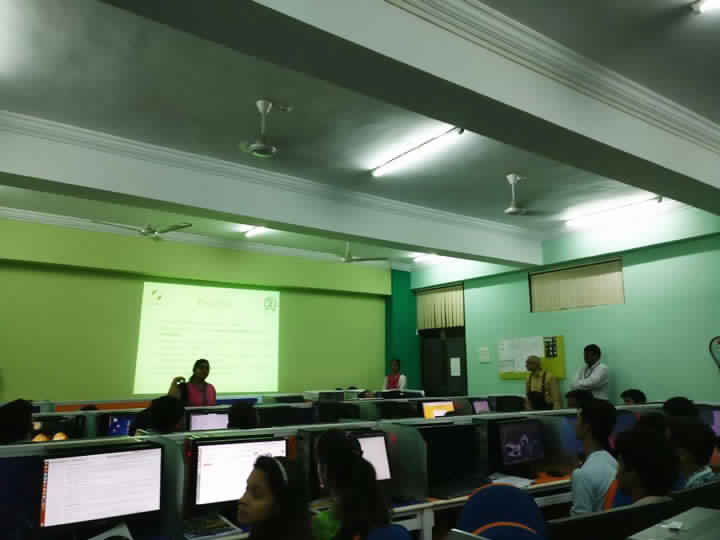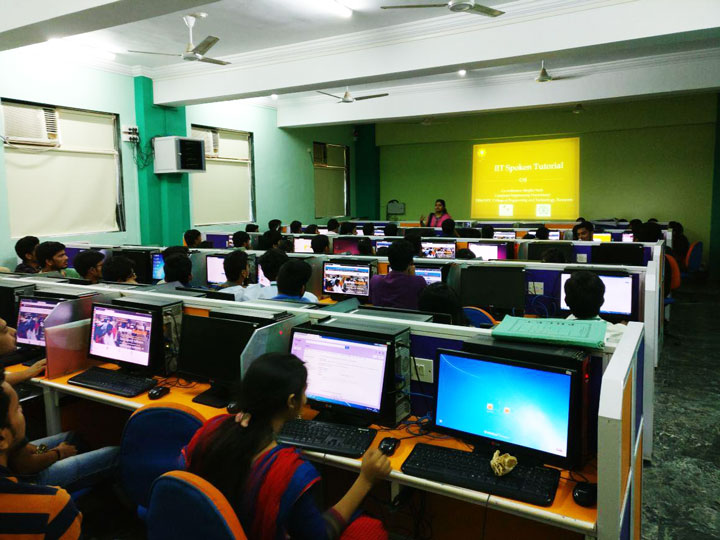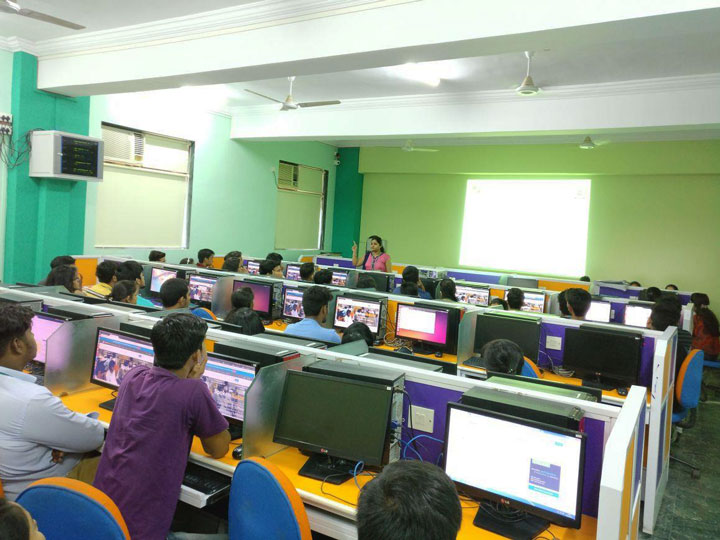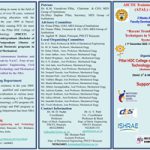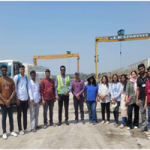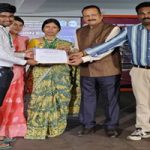- Home

- About
- Academics
- Bachelors
- Masters
- Ph.D.
- Other Programs
- Admissions
- Free Mock CET
- ISRO Outreach Center
- Syllabus
- Question Papers
- Academic Management System
- Students
- Academic Calendar
- Scholarships
- Sports and Games
- Examination
- NSS
- NISP
- Counselling Centre
- Student Activities
- Starkers Motorsports
- Project Based Learning
- Student Awards and Achievements
- Online Payment
- Campus Fest
- PHCET Student Portal
- Student Council
- Student Entrepreneurship
- Student Handbook
- Faculty
- Research
- Library
- Alumni
- IQAC
- Events
- Accreditation
- Placements
- Extension


